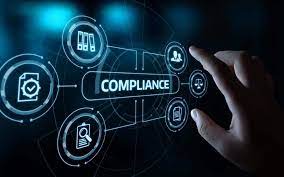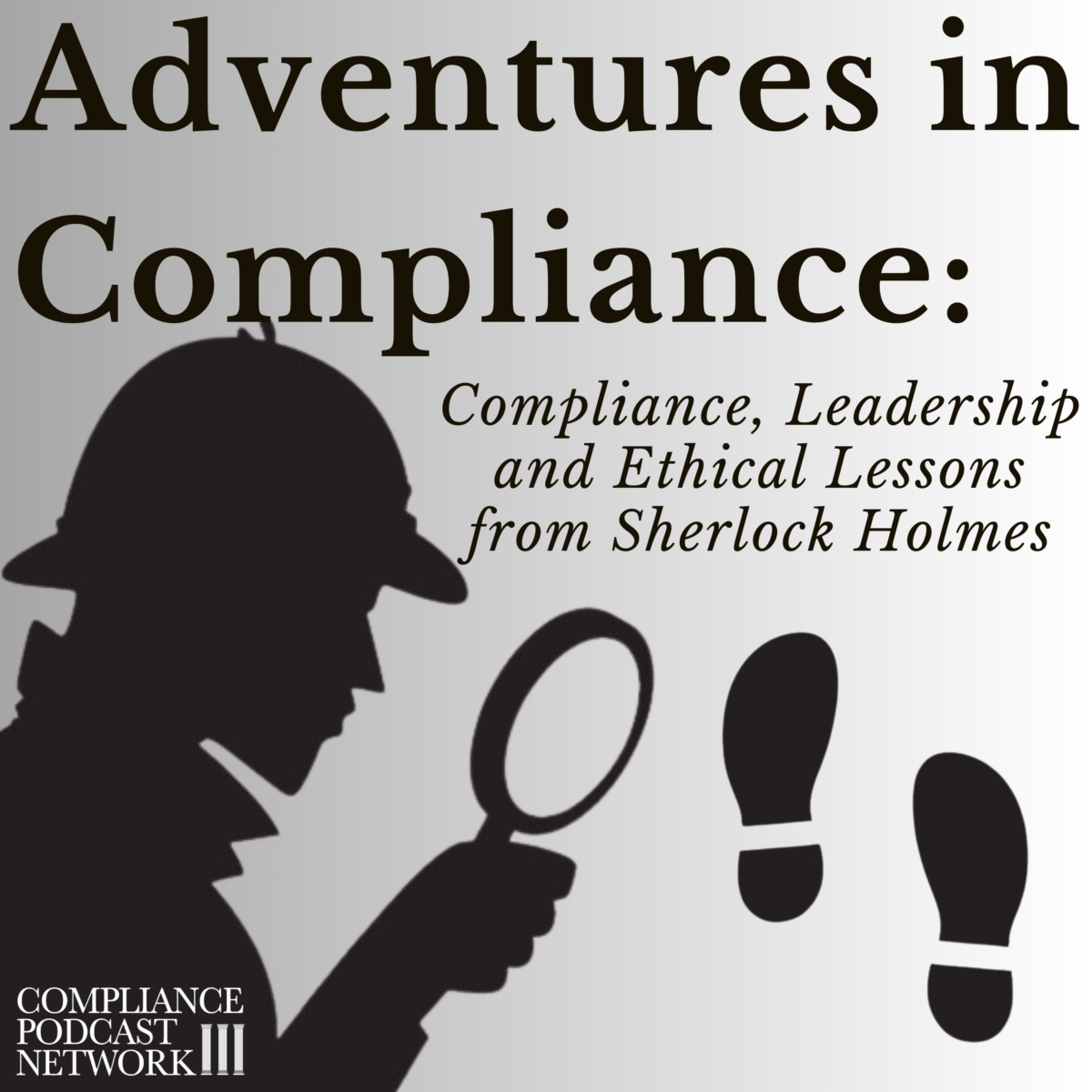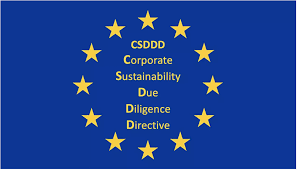In today’s rapidly evolving business landscape, compliance and risk management are critical components for the success and sustainability of any organization. With the increasing complexity of regulations and the growing need for transparency, companies are turning to innovative solutions to enhance their compliance programs and mitigate risks. The most revolutionary approach at this point in time is the use of data-driven tools powered by artificial intelligence (AI) and machine learning. The utilization of AI-driven tools has become increasingly crucial for compliance functions seeking to enhance decision-making processes, improve efficiency, and proactively address compliance risks. These tools, which leverage advanced analytics, machine learning, and automation, have the potential to revolutionize compliance practices and lead to more informed decisions at all levels.
Leveraging Data
Data has become a cornerstone in improving the effectiveness of compliance programs. By utilizing data analytics, companies can drive greater business efficiency, leading to a higher return on investment for their compliance initiatives. By leveraging AI-driven solutions, organizations can make fact-based decisions that focus on critical risk areas, enabling better risk assessment and reducing investigative costs.
The Department of Justice (DOJ) has made it clear that data analytics are part of a minimum set of best practices for compliance programs. This means the importance of user adoption is critical both in the effectiveness of AI-driven compliance solutions and in demonstrating your company’s commitment to compliance if the regulators come knocking. The truth is that no matter how sophisticated an AI-based tool may be if compliance professionals do not embrace and use it, its potential remains untapped. This underscores the need for a user-centric approach in developing and implementing AI and data-driven solutions for compliance and risk management.
The Role of Data
In the aftermath of global events such as the pandemic, geopolitical tensions, and regulatory changes, compliance has become more crucial than ever. Data-driven compliance solutions play a pivotal role in helping compliance functions navigate these challenges by providing valuable insights and supporting decision-making processes at all levels. By striking the right balance between automation and human judgment, AI-driven tools can effectively identify risks and enhance decision-making in risk management.
When implementing AI-driven compliance tools, every compliance professional should prioritize finding the right balance between automation and human judgment. While AI can analyze vast amounts of data and identify patterns and risks, human compliance expertise is essential in interpreting results and making informed decisions. Finding the right equilibrium between automation and human judgment is critical to ensuring the efficacy of AI-driven compliance solutions in risk management.
Enhancing Prevention
The use of AI and machine learning has revolutionized fraud prevention by enabling compliance professionals to interact more effectively and identify potential risks and high-risk transactions. While AI, coupled with machine learning, can analyze vast amounts of data and pinpoint areas of concern, human investigation and expertise remain essential in making informed decisions and determining the presence of fraud. By empowering compliance teams with AI-driven solutions, organizations can proactively mitigate risks, foster transparency, and build a strong anti-fraud culture.
AI-driven compliance tools offer various benefits, such as real-time risk notifications through alerts for a corporate compliance function and customized reports for senior managers. These tools enable organizations to take immediate action and remediate situations before they escalate into compliance violations. By leveraging AI and data-driven solutions, companies can enhance their decision-making processes, improve efficiency, and address compliance risks proactively.
Striking the Balance
While AI and data-driven solutions offer numerous benefits in compliance, risk management, and fraud prevention, it is essential to prioritize user adoption and consider the impact on the overall user experience. By incorporating a user-centric approach in the development and implementation of AI-driven tools, companies can ensure the effectiveness of their compliance and risk management initiatives.
However, relying solely on AI for fraud detection presents challenges. While AI and machine learning can enhance efficiency and identify potential risks, they are not foolproof. False positives can occur, necessitating human investigators to determine the validity of flagged transactions. Striking the right balance between AI and human expertise is crucial to ensuring accurate and effective fraud detection.
Embracing the Future of Compliance
As we look towards the future, the integration of AI and data-driven solutions will continue to play a pivotal role in transforming compliance. By leveraging advanced analytics, machine learning, and automation, organizations can enhance decision-making processes, improve efficiency, and proactively address compliance risks. With the right approach and a holistic perspective, AI-driven solutions can become a valuable asset in the pursuit of effective compliance and risk management strategies. However, it is crucial to maintain a balance between leveraging technology and harnessing human expertise to ensure the accuracy and effectiveness of these solutions.
The successful implementation of AI-driven compliance solutions requires a holistic approach that considers user adoption and the impact on employees, fosters a culture of transparency, and aligns with the organization’s risk management objectives. By prioritizing user adoption, balancing automation with human judgment, and considering the impact on the user experience, organizations can harness the transformative power of AI and data-driven solutions in compliance and risk management.
As organizations continue to navigate the complexities of compliance and risk management, AI-driven solutions offer a promising avenue for enhancing practices and making more informed decisions. By embracing these tools while recognizing the importance of human expertise, organizations can navigate the evolving landscape of compliance with greater efficiency and effectiveness.










